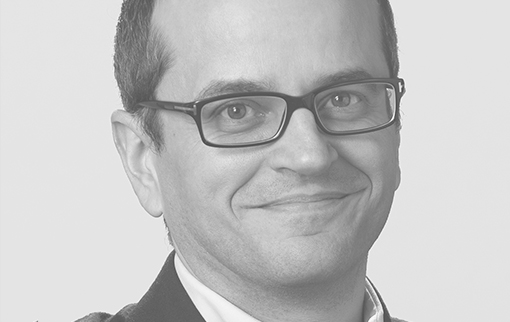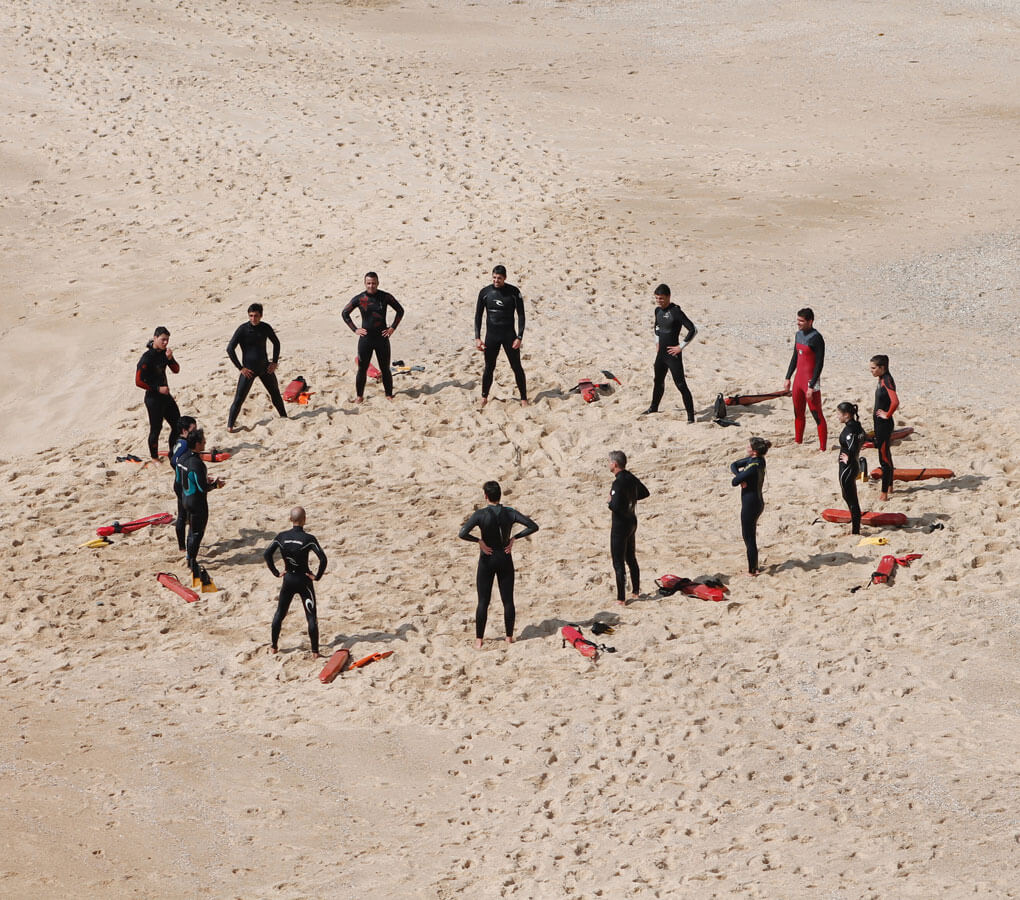"From Yale to Jail"
Why do good people make unethical decisions?
Description
Boeing, Volkswagen, Wells Fargo, Fresenius, Oxfam: the recent wave of scandals shows that corporations and also nonprofit organizations systematically underestimate the human risk. In all those cases, organizations had to pay a huge price and problems do not relate to the decisions of a few criminals but are the result of systematic cultural problems and leadership failure. One of the key insights of those scandals is a recurring pattern of normal people behaving illegally in high pressure contexts. You can see it coming! Contexts can be stronger than reason and good people can do bad things without even realizing that what they do is illegal or immoral. We call this ethical blindness – the inability of decision makers to see that what they do is wrong. In this Impact Dive, we will explore how this can happen and what is behind it, analyzing concrete case studies.
For whom
For leaders in organizations who want to understand how to create a culture of integrity for their teams.
Goals and methods
Based on the state of the art in research on the psychology of unethical decision making and interpreting these recent scandals, the aim of this Dive is to show how leaders push their organizations to “the dark side of the force” and how they can reduce such costly risks. The teaching methods are manifold: lectures, case studies, group discussions.















